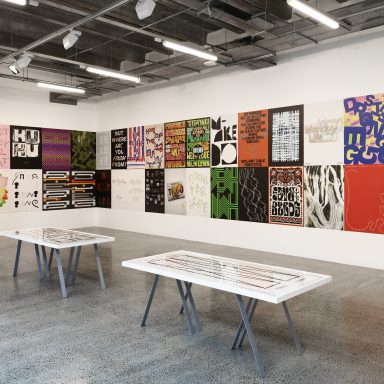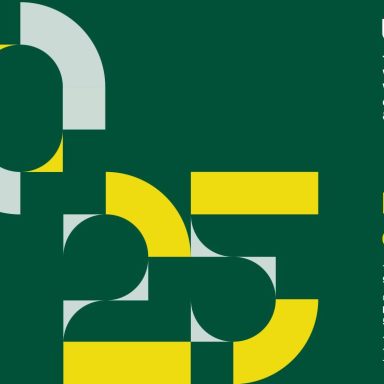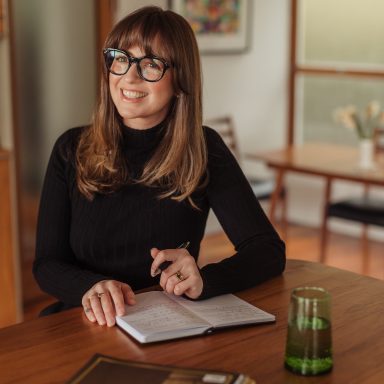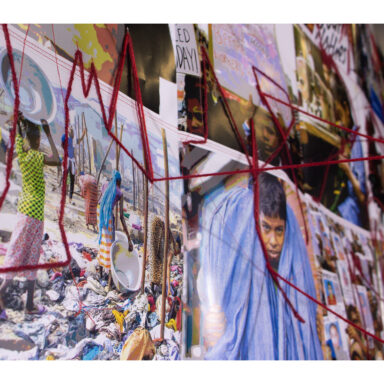Kūmara Awards shine a spotlight on great placemaking in Wellington
Five unique and diverse projects that have connected communities and transformed random spaces
into meaningful places have been recognised in the Wellington region’s first placemaking awards.
The Kūmara Awards are run by Placemaking Aotearoa and are supported by Hutt City Council. The
Awards recognise and celebrate great placemaking – a collaborative process where people work
together to shape and change the public realm to make places better, not only for themselves but
for others and for the place itself.
“Placemaking is the process of co-creating and designing or adapting public spaces to benefit the
community’s well-being and happiness as well as promote cultural identity, community bonding,
inclusiveness, social equality, and drive economic success. I often think about Placemaking as the
invisibility cloak that connects communities” said Denise Bijoux, Placemaking Aotearoa board member.

This year winners were selected by local judges with vast experience in urban design, community
development, public art, and city management. Entries were open to all projects whether they were
big or small, permanent, or temporary, led by locals or professionals, big budget or small budget, but
they had to have impacted their places from September 2020 – September 2021 to be nominated.
The judging panel consisted of Dr Rebecca Kiddle, Head of Urban Development Hutt City Council; Dr
Mark Bradford, academic and designer at Massey University; Claire Pascoe, Transition Programme
Lead at Wellington City Council and Isabella Cawthorn, a consultant for liveable towns. Judges spent
hours assessing a diverse range of entries before coming up with the 5 category winners and a highly
commended.
A number of criteria was considered during judging such as inclusivity, participation, lifting the mana
of communities and predominantly putting people at the centre of place.
Community cycle repair shop Naenae Clubhouse Bike Box won the ‘Shifting it up a gear for equity’
category for its work to remove barriers for people trying to access transport in Naenae by providing
free bikes to encourage people to connect with local cycleways and connect more with the local
town centre which was struggling to draw in people.
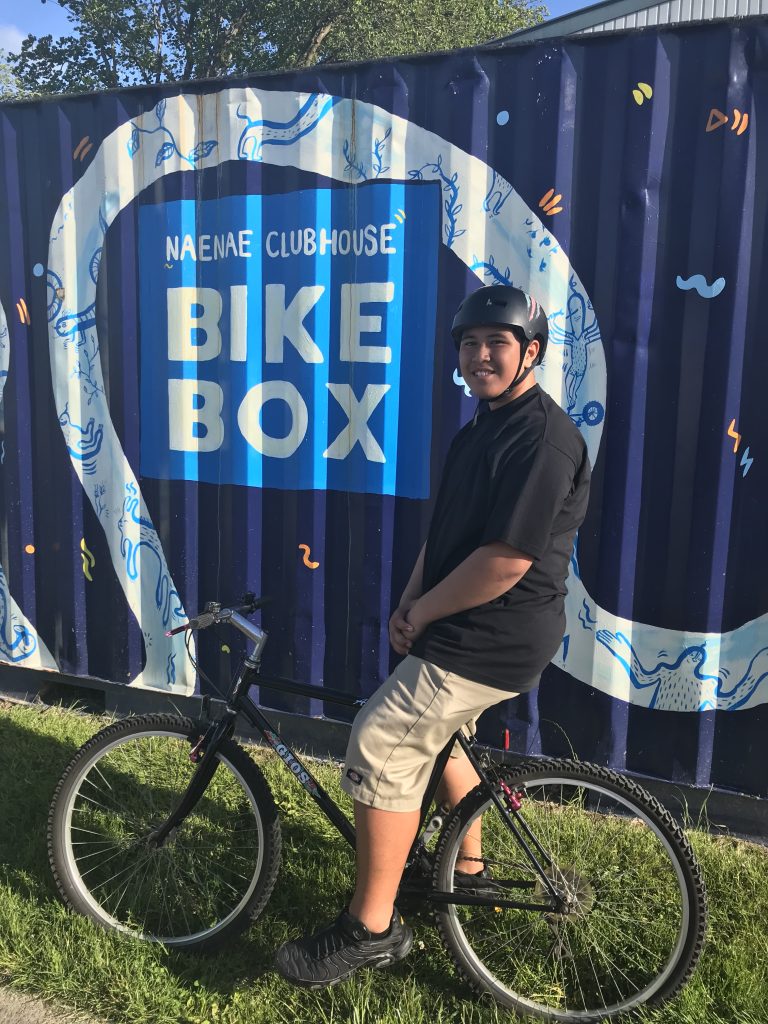
The Bike Box takes in donated bicycles and after fixing them up, offers them to the community for
free. Bike Box also offered bike fix-up sessions and mechanic workshops so people in the community
could get their broken bicycles fixed, learn how to fix their own bicycles, and children can practice
and learn how to ride a bicycle.

The Vogelmorn Precinct, located in Brooklyn Wellington won the ‘It Takes a Village’ category for
being a living, breathing example of an integrated ‘community commons’–event space, office space,
activity space, social space.
A Charitable Trust made up of locals was formed to save the Vogelmorn Bowling Club building when
it was put up for sale in 2014 and since then it has been transformed into a popular community
space for events, rehearsal and classes, a theatre company, community garden, a toy library, a
Syrian restaurant, a coworking space, and a café. Judges felt the project was a great model of how
retrofitting old infrastructure with new ways of thinking can transform a neighbourhood.
The Common Unity Project Aotearoa, based in Lower Hutt took out the ‘Tiaki whenua, tiaki tangata
(care for the land, care for the people)’ category for being inclusive and participatory through its
gardens and ReMakery helping people grow aroha, connection to each other and places through kai.
Common Unity runs a community cooking school, helps teach children how to grow food, cook, sew,
and knit as well giving back to those in need. Since 2012, well over 10,000kg of produce has been
produced for the Koha kitchen, making over 30,000 lunches for school children. Through
collaborations with Kaibosh and Commonsense Organics, over 110,00kg of food has been rescued.
The Engine Room Project in Porirua took out the ‘Streets for People by People’ category. Funded
through Waka Kotahi Innovating Streets with support from Porirua City Council and Porirua
Development, the Fantame Street neighbourhood has made Fantame Street more appealing and
safer. Colourful art, strategically placed safety features, plants, seating, and tables were all used to
slow traffic and create a community heart directly outside the shops and Russell School. This project
was an excellent example of the co-design approach undertaken with community members; 15
locals dubbed ‘The Engine Room’.

Play in the Hutt took out the ‘Play Together, Stay Together’ category and was a movement
promoting action on play. A partnership between Hutt City Council and Healthy Families Hutt Valley,
funders, and the communities., Play in the Hutt addresses the problem that exists in Lower Hutt and
nationwide. How do we enable our tamariki and rangatahi to play more every day? The project team
implemented a series of activities addressing these issues including play days in parks and streets,
bike rodeos, engagement with schools and community organisations to run their own play activities.
A sport and play trailer were made available for regular community bookings. Plus fostering
community led installation of play equipment in local spaces for use by the neighbourhood. Judges
were impressed with the outcome of this project which was all about making play normal and visible
in public spaces.
Further information on the awards can be found at https://www.placemaking.nz/kumara-awards

